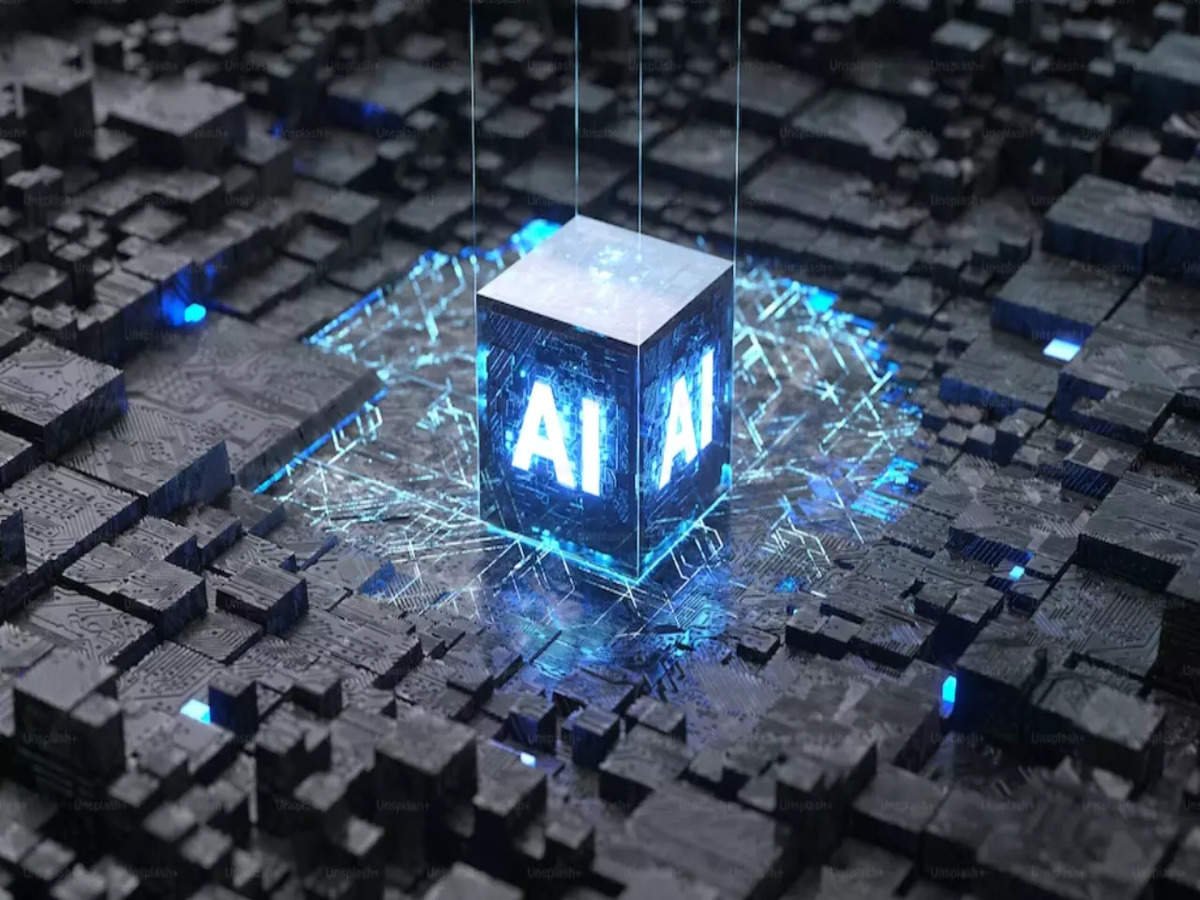
OpenAI, the research and development company known for its advancements in artificial intelligence (AI), recently unveiled “Sora,” a groundbreaking system capable of transforming textual descriptions into incredibly realistic videos. While the technology has generated excitement in the creative and technological fields, concerns regarding potential misuse and the spread of misinformation have also surfaced.
Sora boasts the ability to generate photorealistic videos based on user-provided prompts. This opens doors for various applications, including historical reenactments, educational simulations, and even artistic endeavors. Early demonstrations showcased Sora’s capabilities, transforming simple prompts like “historical footage of California during the gold rush” into compelling and visually stunning videos.
However, the technology’s potential for generating deepfakes, highly realistic video forgeries, has sparked concerns. Experts warn of a potential rise in misinformation and disinformation, especially during crucial events like elections. While Sora currently displays minor glitches in complex scenes, these technical limitations may be overcome in the future, raising the need for robust safeguards against malicious use.
OpenAI acknowledges these concerns and has taken a cautious approach to releasing Sora. Currently, the system is only accessible to a limited group, including “red teamers” tasked with identifying potential risks and ethical issues, and a select group of artists and filmmakers who can provide valuable feedback on how to refine the technology for responsible use.
The unveiling of Sora marks a significant step forward in AI video generation. However, it also highlights the crucial need for responsible development, open discussion, and collaboration between researchers, policymakers, and the public to ensure that this powerful technology is used for good.


